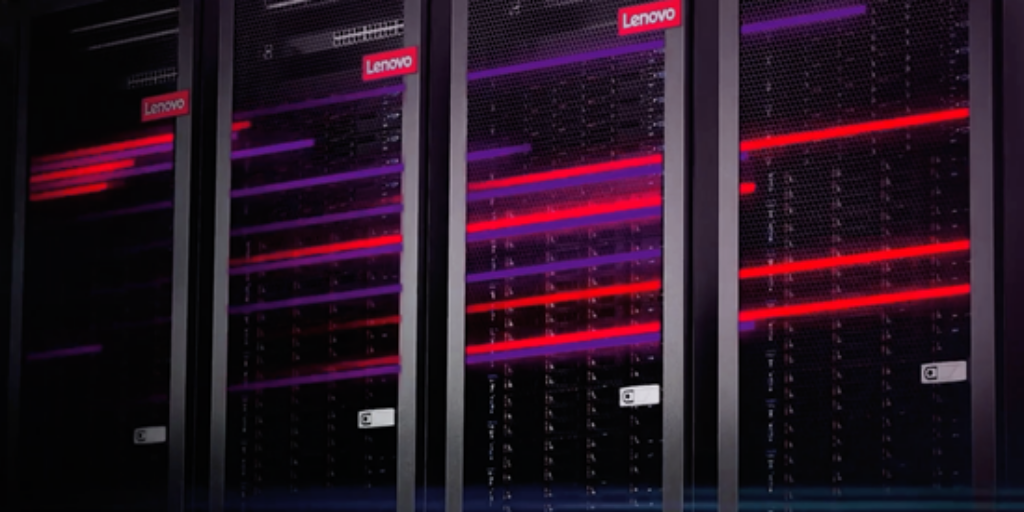 The Portland Group, a wholly-owned subsidiary of STMicroelectronics and supplier of compilers for high-performance computing, has announced that PGI Accelerator Fortran, C and C++ compilers will soon target the AMD line of accelerated processing units (APUs), as well as the AMD line of discrete GPU accelerators.
The Portland Group, a wholly-owned subsidiary of STMicroelectronics and supplier of compilers for high-performance computing, has announced that PGI Accelerator Fortran, C and C++ compilers will soon target the AMD line of accelerated processing units (APUs), as well as the AMD line of discrete GPU accelerators.
PGI will work closely with AMD to extend its PGI Accelerator directive-based compilers to generate code directly for AMD GPU accelerators, and to generate heterogeneous x64+GPU executable files that automatically use both the CPU and GPU compute capabilities of AMD APUs.
Introduced in 2009, PGI Accelerator compilers were the industry’s first standard-compliant Fortran and C compilers to automatically offload computations from an x64 host program to a GPU accelerator. The PGI Accelerator programming model enables parallel programmers to offload code from a host CPU to an attached accelerator by using hints, known as directives, to identify areas of code suitable for acceleration.
In addition to exposing parallelisation opportunities to the compiler, directives can also be used to specify the details of how to efficiently map loops to a particular accelerator and how to optimize data movement. Directives free the developer to focus on algorithms and application functionality, while the compiler does the detailed work of offloading computations onto an accelerator. The principle benefit of using compiler directives is significant improvements to application performance through incremental and portable modifications to existing source code.
The PGI Accelerator compilers will open up programming of AMD APUs and GPUs to the growing number of HPC developers using directives to accelerate science and engineering applications,’ said Douglas Miles, director, The Portland Group. ‘Together with AMD, we are working to make heterogeneous programming easily accessible to mainstream C and Fortran developers, and to unleash the power of these devices.
This story appears here as part of a cross-publishing agreement with Scientific Computing World.




As i originally mentioned I clicked the “Notify others when newer comments are added” checkbox and now each time a thoughts is put in I get a number of e-mails with the same thoughts. Is there in whatever way you can do away with people coming from that services? Appreciate it!
Sorry you are having trouble with that. I will look into it. -Rich